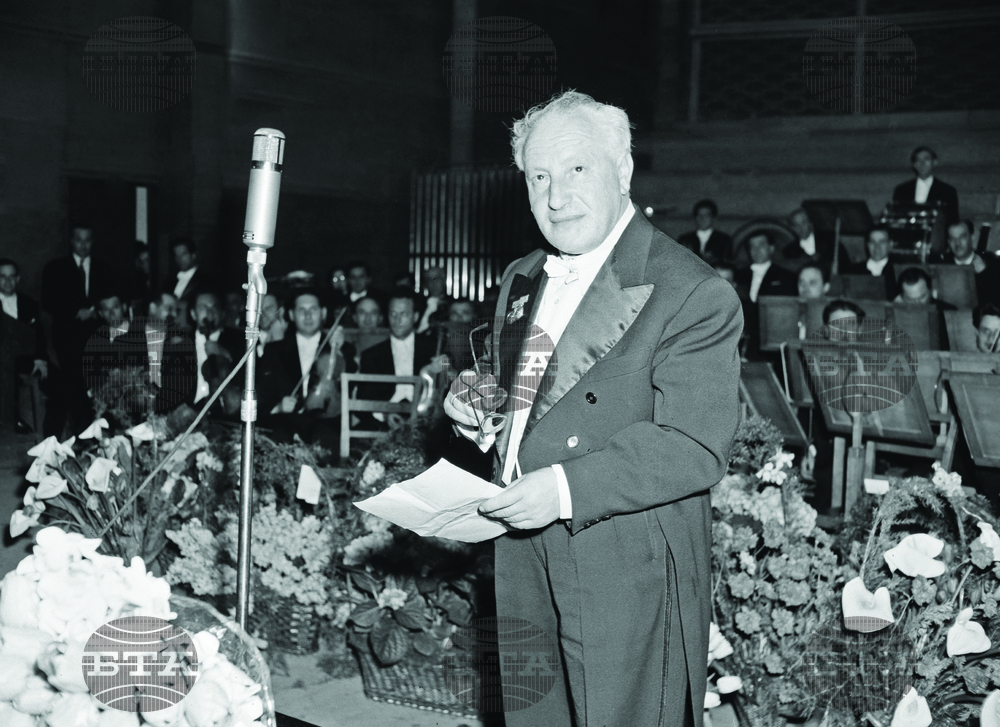On this day
![Pantcho Wladigeroff: A Legendary Composer Who Made Bulgarian Folk Music, Western European Art Music Meet]()
![Pantcho Wladigeroff: A Legendary Composer Who Made Bulgarian Folk Music, Western European Art Music Meet]() Legendary Bulgarian composer and musician Pantcho Wladigeroff (BTA Photo)
Legendary Bulgarian composer and musician Pantcho Wladigeroff (BTA Photo)
site.btaPantcho Wladigeroff: A Legendary Composer Who Made Bulgarian Folk Music, Western European Art Music Meet


March 13 of this year marks the 125th birth anniversary of legendary Bulgarian composer and musician Pantcho Wladigeroff, who was a pioneer of a number of genres in Bulgarian music, such as the instrumental concerto, the violin sonata, miniatures
/MY/
Additional
news.modal.image.header
news.modal.image.text
news.modal.download.header
news.modal.download.text
news.modal.header
news.modal.text
